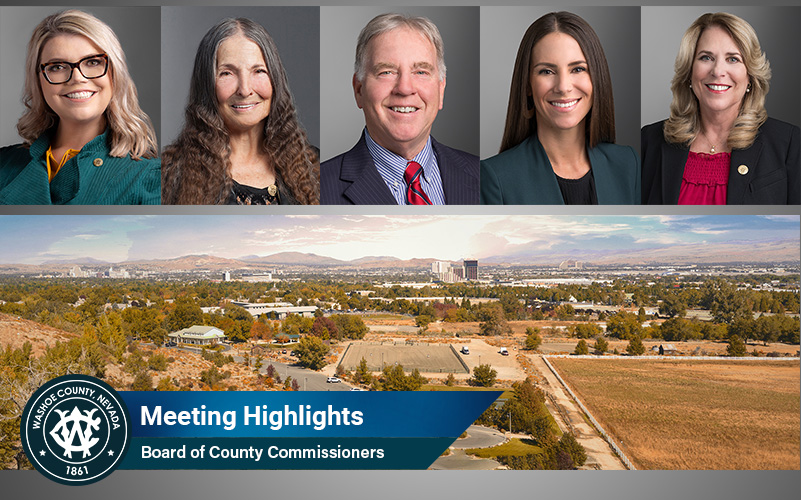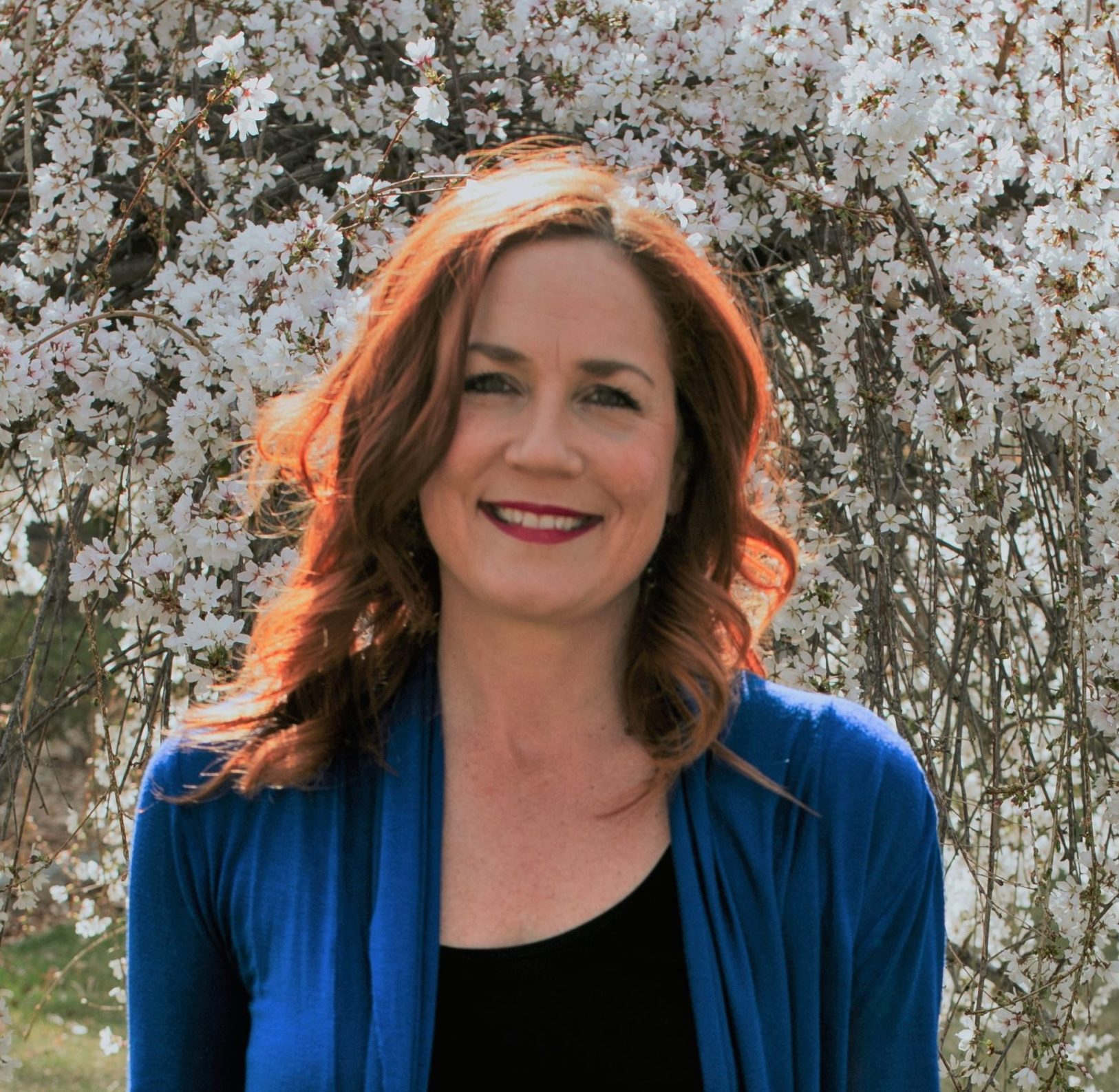The following are highlights from today’s Washoe County Board of County Commissioners meeting:
1. Registrar of Voters presents quarterly update on operations and election planning: Washoe County Registrar of Voters (ROV) Andrew McDonald, joined by deputy registrars Addie Vetter and Reggie Greer, presented an update on operations and planning for the upcoming election year.
In the 2024 election cycle, the ROV provided 78 training sessions for the more than 1,000 poll workers who worked at 186 Vote Centers. Over the course of the three elections in 2024, nearly 400,000 ballots were cast, 58 percent of which were cast by mail-in ballot. As the population of Washoe County increases, the ROV must plan for future growth and an increase in mail and in-person voting. Part of this plan for growth includes an overhaul of Vote Centers, as new facility contracts will be completed by the end of January.
The ROV has conducted an in-depth study of population, including creating heat maps to determine neighborhood density, language capabilities, physical disabilities, and access to transportation, to provide better access to Vote Centers in 2026.
Additionally, the ROV has conducted bulk registration list maintenance, inactivating voters who have not participated in a recent election or whose election correspondence has been returned to the ROV office. Inactive voters are not removed from the voter rolls, but must reactivate their registration before they can vote. Those who have not voted in the past two General Elections and do not respond to outreach are canceled and must reregister in order to vote.
“I want to recognize the hard work that the office has been conducting in the off-cycle,” Interim County Manager Kate Thomas said. “They’re very visible during the election cycle but the real work is taking place right now, and you’ve got a very capable talented team working hard to make sure that everything is in order for the upcoming election cycle in 2026.”
Those who are interested in working the elections can learn more and apply here.
2. Board approves Health Benefits Program for calendar year 2026: Washoe County’s Health Benefits Program for employees, retirees, and dependents was approved for calendar year 2026. With an estimated annual cost of $84 million, the program offers three medical plan options, as well as dental, vision, and life insurance coverage. For 2026, the Program changes include premium increases averaging 8 to 10 percent, along with various changes to copays, deductibles, and covered services. Eligible individuals will have the opportunity to change their health plan and/or update dependent coverage during Open Enrollment, which begins on October 27.
3. Board approves grant for permanent supportive housing: Washoe County Human Services Agency received a grant of just over $312,000 from the United States Department of Housing and Urban Development (HUD) for permanent supportive housing. This grant provides housing and services through the end of August 2026 for families with disabilities experiencing homelessness. Case managers work closely with the families to identify housing options that fit their needs, including access to resources, bus routes, schools, and mental health services. The staff also identify available resources for food, clothing, employment and assist families in applying for and securing social security and health care benefits available to them.
4. Commissioners proclaim September as World FTD Awareness Month: Commissioner Clara Andriola presented a proclamation for World FTD Awareness month on Tuesday. FTD stands for Frontotemporal Degeneration, a brain disease with no treatment or cure that affects 60,000 people in the United States, including actor Bruce Willis.
FTD is a type of dementia that differs from Alzheimer’s Disease because it strikes people aged 40-60 and causes transformative personality shifts. People with FTD have reduced impulse control, display inappropriate social behaviors, lose planning capability and lose the ability to complete typically normal tasks. The average diagnosis takes 3.6 years.
The Association for Frontotemporal Degeneration (AFTD) offers resources for residents including a dedicated Help Line, local meet and greets and more resources for caregivers. Those who think a loved one might have FTD are encouraged to reach out to their medical provider to see if a referral to a neurologist is necessary.
Scott Oxarart, communications manager for Northern Nevada Public Health, accepted the proclamation as an ambassador for AFTD. He was recently featured on the “Washoe Life” podcast as he talked about his personal experience watching his dad battle with, and ultimately succumb to, FTD.
5. Board appoints Matthew Robinson to Planning Commission committee: County Commissioners appointed Matthew Robinson to fill a four-year term to the Planning Commission when it convenes as the Capital Improvement Advisory Committee (CIAC), beginning retroactively on July 1, 2025. Robinson, a Realtor and employee of TMWA, has lived in Washoe County more than 30 years and has worked for the Reno-Tahoe International Airport Authority and the Reno Housing Authority.
###


